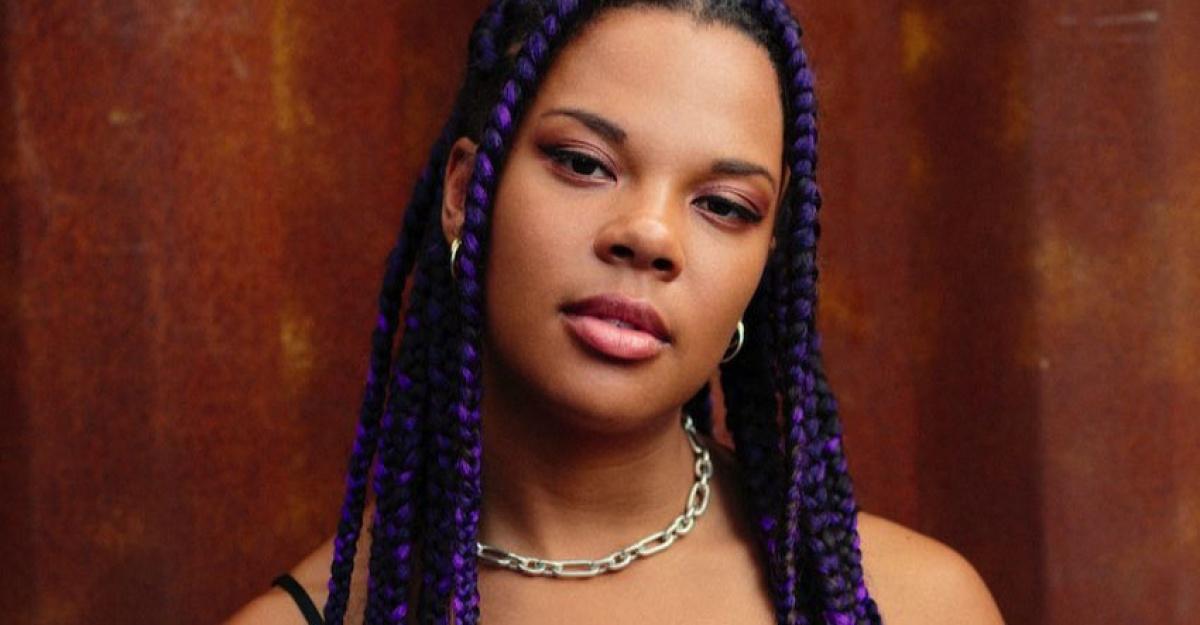
Groundbreaking report on gender disparity in UK dance music published by Jaguar Foundation
A groundbreaking report on gender disparity has been published by the Jaguar Foundation.
Out today (3rd August), ‘Progressing Gender Representation in UK Dance Music’ was commissioned by BBC Radio DJ, journalist and DJ Mag Best of British Winner Jaguar with financial support from the Sony Music UK Social Justice Fund. The report examined months of data gleaned from roundtable discussions featuring female, trans, and non-binary people working in the industry, from the likes of Annie Mac, I. JORDAN, TSHA, Jamz Supernova, DJ Paulette and Nia Archives, to bookings agents, promoters, managers, and label execs. It also employed a range of quantitative data from The Official Charts Company, Skiddle, Spotify, radio airplay, and more.
As well as finding that just 5% of dance music in the UK charts had exclusively women or non-binary artists as the primary artist and feature, ‘Progressing Gender Representation in UK Dance Music’ found that Spotify’s key electronic music playlists featured just 25% of female-fronted electronic music artists. What’s more, less than 1% of the top 200 airplay tracks across 2020-21 on twelve UK radio stations featured female or non-binary artists.
The report also shows that jungle, drum and bass, techno, and EDM continue to attract male-dominated and largely white crowds, while the ‘male gaze’ continues to affect the female image, with women in music being judged more on their appearance than men. Ageism is also more of an issue for women than men, reflecting wider societal issues. In a live context, it showed that issues such as the risk of sexual harassment or objectification lead to marginalised genders feeling unsafe when working at and attending events.
Jaguar launched the Jaguar Foundation in 2020 with the hope of making “electronic music a more equal place for the next generation of creatives and emerging artists”. It followed the creation of her free Future1000 DJs initiative, a new training programme for women and gender minority students entering the music industry, which she has recently relaunched.
“Gender representation and equality is so important. In this report, we have evidence to show that there is a huge lack of diversity in dance music regarding gender. This is an issue we all need to come together on, this is not simply a woman’s or non-binary person’s problem. This affects all of us,” said Jaguar. “… We need to make our workplace aka the clubs and festivals a safer place. We interviewed so many people who feel unsafe in these settings, coming to venues very late at night often completely on their own. And it’s these people who are the most risk of sexual misconduct or sexual assault.”
You can download the report in full here and see some handy infographics below.
Last year, a report commissioned by whisky brand Ballantine’s, Resetting The Dancefloor, found that one in three music lovers globally have experienced discrimination, while a further 84% have witnessed it on the dancefloor.





